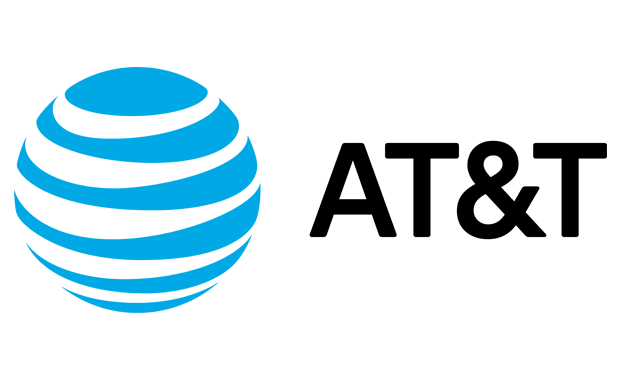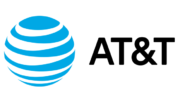The news came out of nowhere late in the day, that AT&T was definitely planning on purchasing Time Warner. There were rumors, but before there was even time to confirm them, this video began to circulate:
So there you go.
The first thing you need to know is that AT&T isn’t purchasing Time Warner Cable; that entity was purchased by Charter and is now called Spectrum. It was spun off from the parent company, Time Warner, quite ago. This is the company that once combined AOL, Time Magazine, Warner Bros. Pictures, HBO, CNN, TBS, and other industry heavyweights. Most of those properties are still part of Time Warner, although AOL was spun off to Verizon (and in other news, AOL is somehow still a thing) and Time is no longer part of the group either.
So what does AT&T get if they buy Time Warner?
They get a massive content factory that includes HBO, still the prestige powerhouse of TV programming, CNN, which populates nearly every TV in every airport in the country, the huge Warner Brothers pictures library, half ownership of the CW broadcast network, and let us not forget Superman, Alfred E. Neuman, and Samantha Bee. This purchase would put AT&T in the content business big time.
So why would they want to be in the content business?
Look folks, I’m not in the boardroom over there. So my guess is as good as yours. It seems to me that AT&T would want to find a way to distance itself from Verizon, its nearest natural competitor. Both companies now offer TV, residential internet, phone, and cell service, and are the only two companies that do. By getting into the content business, AT&T leaves Verizon behind and focuses squarely on Comcast, which although it does not have a cellular option, does own a lot of internet capacity and also owns the massive NBC Universal empire.
Is this a done deal?
Far from it. The deal will have to go through several levels of regulatory approval to make sure that the new company won’t be a dangerous monopoly. The only other deal that really compares is the Comcast purchase of NBC Universal, and remember that didn’t involve a cellular provider. This is hands down the biggest media deal ever, or at least the most impactful. There’s a lot of uncertainty as I write this as to what the impact of the coming elections will be, but remember that no matter which party ends up controlling the legislative and executive branches, they are bound to either uphold the laws or repeal them. Even the most business-friendly Congress would not simply rubber-stamp a deal like this; the Federal Trade Commission would not let that happen and neither would the Federal Communications Commission. Both commissions are ultimately politically-driven, but you have to believe that at some level there is a desire to do right by the American people.
I’m not saying this deal is wrong for the American people — far from it — I’m saying that everyone involved will have to move carefully and considerately, and that there will have to be some safeguards to make sure that a deal like this does not hurt consumers. I am confident that you’ll see all sorts of promises to retain a competitive position. I think that’s just par for the course.
Is there any clear loser here?
The only potential loser I see here is DIRECTV’s own independent content production staff. I’m talking about the people who do production for Audience Network, the exclusive sports content, that sort of thing. DIRECTV had even begun funding exclusive movies and television shows. I suspect that all of that will be folded into HBO or one of the other studios that will be part of the family if this deal goes through.
When will this all go down?
You’re likely to hear a lot about this plan in the next week or so and then you won’t hear much for months as the various regulators do their work. Everyone involved hopes the deal will close by the end of 2017 but it’s not a lock; depending on what Congress looks like in the next few months things could move even more slowly. There’s going to be a lot of time spent in committees, a lot of reports written, and a lot of votes. In short, don’t hold your breath.
What’s the bottom line?
Well obviously I’m a fan of AT&T and of DIRECTV. I’m going to naturally assume they’re doing the right thing unless I have evidence to the contrary. So I think this will be a good thing. I have trouble thinking of this as anything but a cash-generating option for AT&T, though. I think Time Warner will prosper and bring in plenty of money, but I don’t think the feds will let it produce AT&T-exclusive content or even provide favored pricing. Pure profit, that’s what I see.



